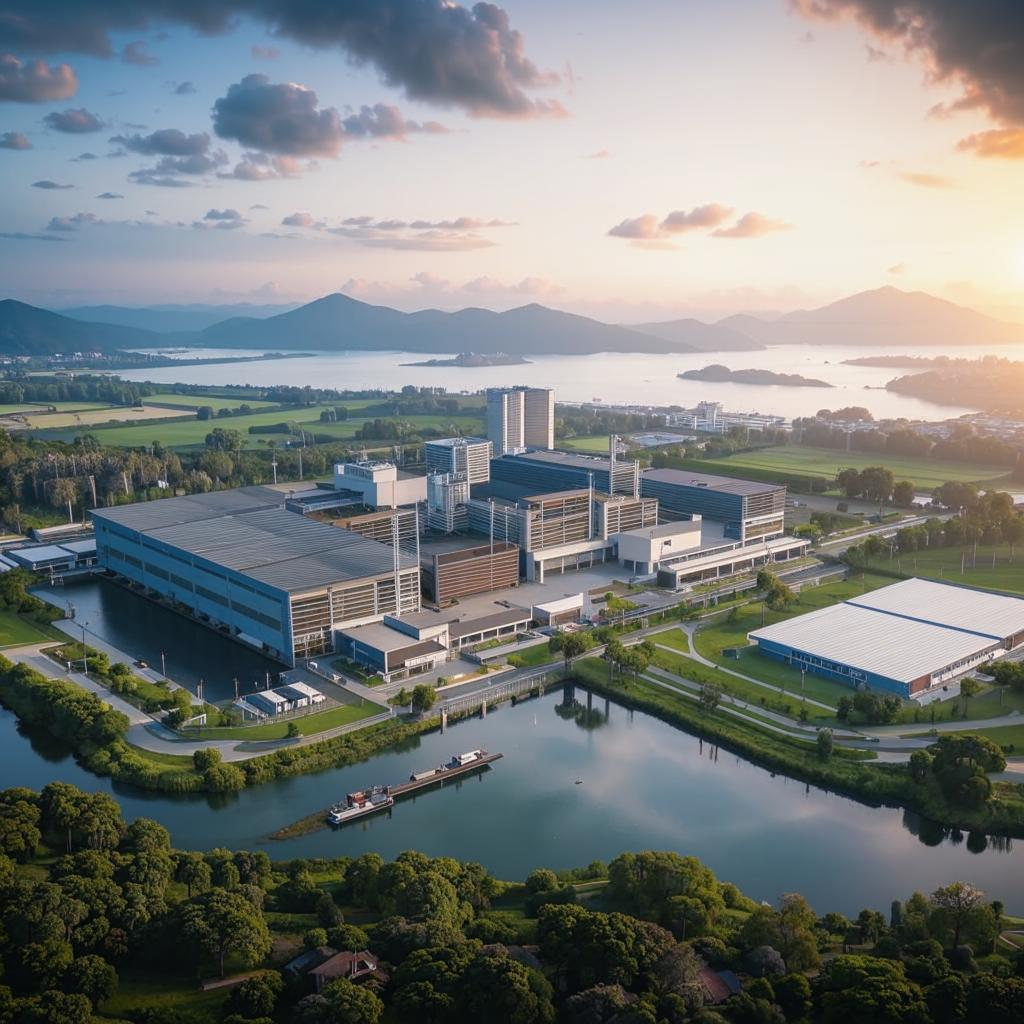Electric vehicle (EV) adoption faces headwinds despite growing consumer interest. While sales continue to rise, the pace has slowed, primarily due to inadequate charging infrastructure. This shortage fuels “range anxiety” and frustrates potential buyers who fear being stranded with a depleted battery.
The availability of charging stations remains a significant challenge, especially in rural areas and densely populated urban centers with limited parking options. Many apartment complexes lack EV charging facilities, further hindering adoption among renters. This infrastructure deficit disproportionately impacts low-income communities, exacerbating existing transportation inequalities.
Beyond availability, the charging experience itself is often problematic. High charging costs, comparable to or even exceeding gasoline prices in some regions, deter cost-conscious consumers. Inconsistent charger reliability, including frequent breakdowns and slow charging speeds, adds to the frustration.
Automakers and governments are investing billions in expanding charging networks, yet progress remains slow. Permitting delays, grid capacity constraints, and supply chain bottlenecks hamper the rapid deployment of new charging stations. Addressing these challenges is crucial to restoring consumer confidence and accelerating the transition to electric mobility. Without a robust and reliable charging infrastructure, widespread EV adoption will remain a distant goal.
Finishtit















